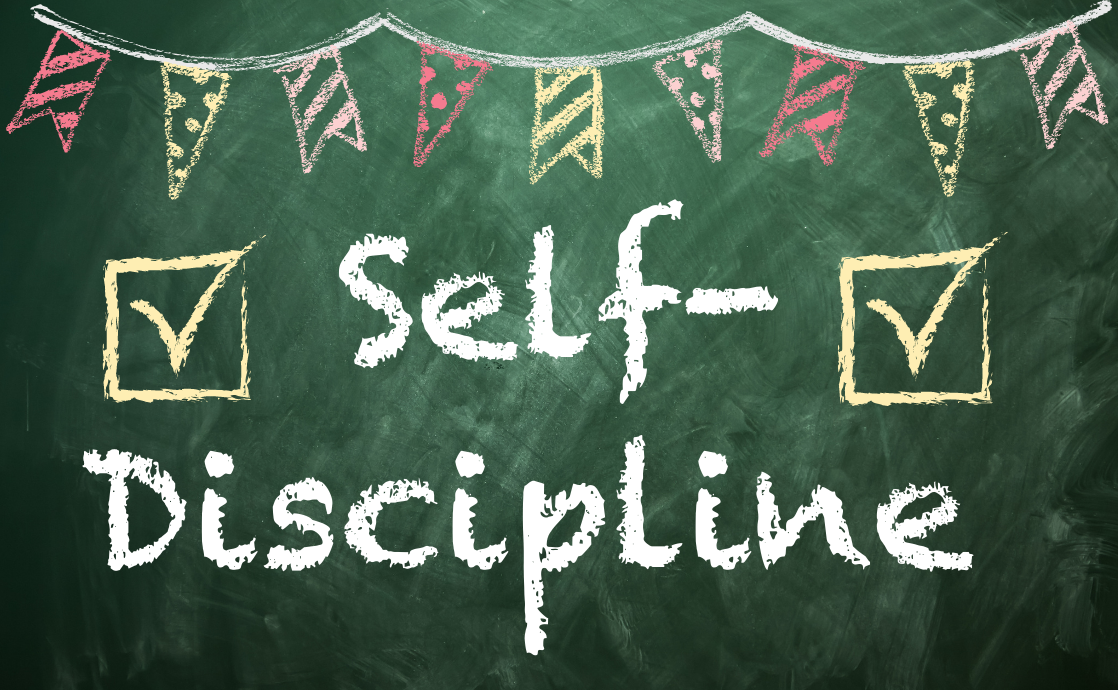Self-discipline is an indispensable virtue enshrined within the Bahá’í Faith, a principle that serves as the cornerstone for personal growth and societal harmony. The teachings of this spiritual and ethical framework illuminate the path to cultivating self-discipline through a myriad of virtues. This exploration delves into the essence of self-discipline, elucidating its significance as well as practical methodologies to foster it within oneself.
To begin with, an understanding of self-discipline necessitates recognizing its dual nature—it is both a personal endeavor and a communal asset. From a Bahá’í perspective, self-discipline is not merely about controlling impulses; it encapsulates the development of one’s faculties, ultimately steering an individual toward contributing positively to society. Thus, self-discipline can be viewed as a bridge connecting personal development with communal well-being.
The first virtue closely linked to enhancing self-discipline is **perseverance**. This quality is not only pivotal in the face of obstacles, but it is also crucial in the pursuit of long-term goals. Engaging in regular practices that promote perseverance—such as committing to specific daily tasks or challenging oneself to embrace discomfort—can significantly fortify one’s resolve. The disciplined individual recognizes that setbacks are inevitable, yet sees these moments as stepping stones, rather than roadblocks, on the path toward fulfillment.
Subsequently, the virtue of **integrity** plays a vital role in solidifying self-discipline. Integrity compels individuals to align their actions with their values and intentions. When one practices integrity, distractions and temptations can be managed with greater ease, as the commitment to personal principles becomes stronger than the allure of transient pleasures. For instance, setting a clear intention to adhere to a specific behavior or practice, such as daily reflection or community service, allows individuals to engage with their essence and build resilience against diversions.
The concept of **patience** further enriches the framework of self-discipline. In a world where immediacy is often celebrated, patience serves as a counterbalance. Cultivating patience encourages one to embrace the process of growth rather than succumbing to the desire for instant gratification. Whether it involves mastering a new skill or nurturing relationships, patience acts as the catalyst for sustained effort. When individuals approach their journeys with patience, they become more adept at managing emotions and maintaining long-term commitment.
Moreover, the practice of **humility** is invaluable in the quest for self-discipline. Humility allows individuals to acknowledge their shortcomings while simultaneously motivating them to improve. A humble disposition opens avenues for learning and growth, paving the way for constructive self-assessment. Individuals can transform feelings of inadequacy into a determinate force that drives them toward greater discipline. When one accepts their frailties without self-condemnation, they are often more inclined to embrace challenges, thus reinforcing their self-discipline.
The integration of **wisdom** as a virtue in the equation of self-discipline cannot be overemphasized. Wisdom amplifies the understanding of cause and effect, enabling individuals to make informed decisions about where to exert their energies. The wise individual is adept at discerning between fleeting desires and meaningful pursuits, allowing them to prioritize efforts that align with their deeper values. This discernment leads to a more disciplined approach as the individual is better equipped to choose paths that nourish their growth rather than hinder it.
**Compassion** also plays a significant role in strengthening self-discipline. Practicing compassion toward oneself and others cultivates an internal environment conducive to discipline. When individuals adopt a compassionate perspective, they can more readily forgive themselves for lapses in discipline without falling into destructive patterns of self-criticism. Furthermore, extending compassion towards others creates a supportive atmosphere that nurtures collective discipline. This mutual encouragement serves as a powerful motivator, fostering an environment where self-discipline thrives.
To weave these virtues into the fabric of self-discipline, individuals may adopt several practical strategies. First, setting **clear goals** is essential. By delineating both short-term and long-term aspirations, individuals create a roadmap that guides their actions. This clarity enhances motivation and provides a framework against which progress can be measured. Break objectives into manageable steps, which fosters a sense of accomplishment and strengthens resolve.
Another strategy involves cultivating an **environment conducive to discipline**. Surrounding oneself with positive influences, maintaining organized and tranquil spaces, and reducing distractions are vital steps. When the environment is structured to support discipline, individuals are less likely to succumb to chaos or temptation.
Regular **reflection** practices further enrich one’s journey toward self-discipline. Engaging in self-assessment offers insight into personal growth, identifying areas of strength and those requiring improvement. Keeping a journal can be particularly beneficial; it serves as both a record of progress and a tool for deep introspection.
In conclusion, the Bahá’í teachings present a comprehensive framework for cultivating self-discipline through the embodiment of various virtues. The interconnectedness of perseverance, integrity, patience, humility, wisdom, and compassion facilitates not only personal growth but also the enhancement of community welfare. By incorporating practical strategies into daily life, individuals can strengthen their self-discipline, leading to transformative effects on both personal fulfillment and societal harmony. The journey of self-discipline, though challenging, is profoundly rewarding, fostering a life of purpose, service, and continual evolution.
